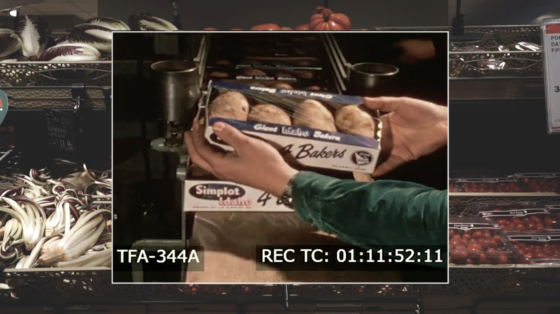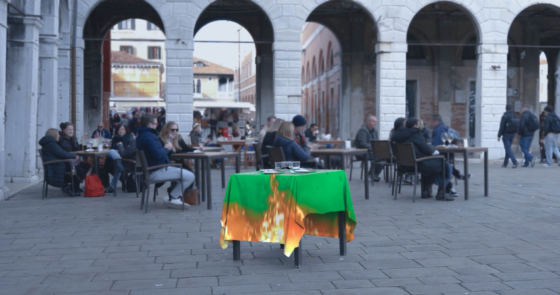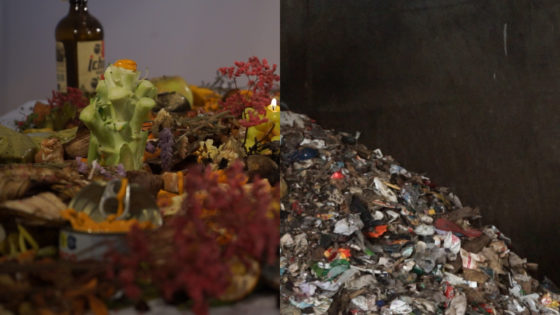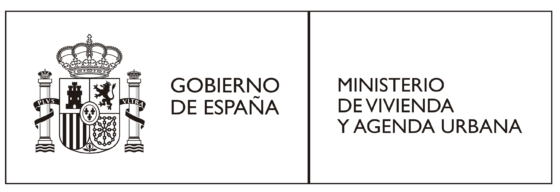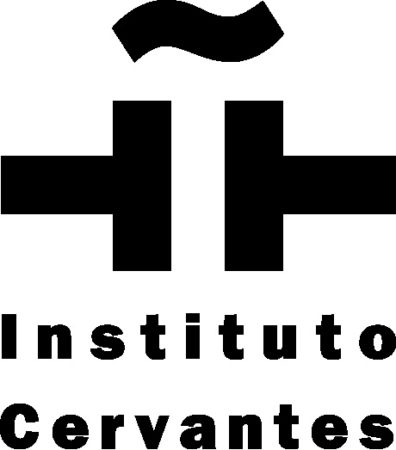Domesticated Diversity, Territorial Stomach and Trash or Treasure were part of the exhibition of “Foodscapes” at the 2023 Venice Biennale of Architecure’s Spanish Pavilion, curated by Future Foodscapes Research Unit. The collective, a member of the LINA Architecture Programme, explores the food system’s relationship with the built and natural environments, the role of technology and policy in future agrifood models, and how art, architecture, and culture contribute to its transformation. After the screening, we are organizing a discussion and Q&A with the directors and the representatives of the Future Foodscapes Research Unit.
How can we build a future based on biodiversity and circular economy?
DOMESTICATED DIVERSITY
This audiovisual report explores how human diets have changed over time, from nomadic gatherers to agricultural societies, and how this affects our relationship with nature and food diversity. It focuses on the potato as an example of a food that was once rejected and later embraced by different nations, showing how food acceptance is a cultural process. By envisioning the incorporation of novel ingredients, such as microorganisms or new species, the film proposes a hyperdiverse diet that not only enhances culinary experiences but also addresses global food challenges sustainably.
TERRITORIAL STOMACH
Territorial Stomach reimagines how the kitchen can enable different ways of preparing and eating food in the future. It reveals the hidden aspects of this highly technological space, such as the production and labor involved in preparing and consuming food. It also proposes to view the kitchen as an extension of our stomachs, involving various bodies that affect our digestion within and beyond our homes. The project questions how the kitchen can change our social, cultural, and ecological contexts when it becomes a territorial phenomenon and how it can adapt to the changing needs and desires of diverse lifestyles.
TRASH OR TREASURE
This report is a thought-provoking exploration challenging the conventional narrative surrounding waste. Traditionally perceived as a linear process from a valuable resource to useless material, waste—specifically food waste, is scrutinized in this film. The project unveils alternative cultures of the ‘residual’ and the infrastructural ecosystems supporting them, offering new perspectives on waste at various scales and conditions. Rather than promoting dependence on waste as a resource, the film proposes a paradigm shift, recognizing waste as an ongoing, intermediate phase—a waste-to-be. This approach envisions a future where waste integrates seamlessly into the material and the energetic metabolisms of our cities and ecosystems.
